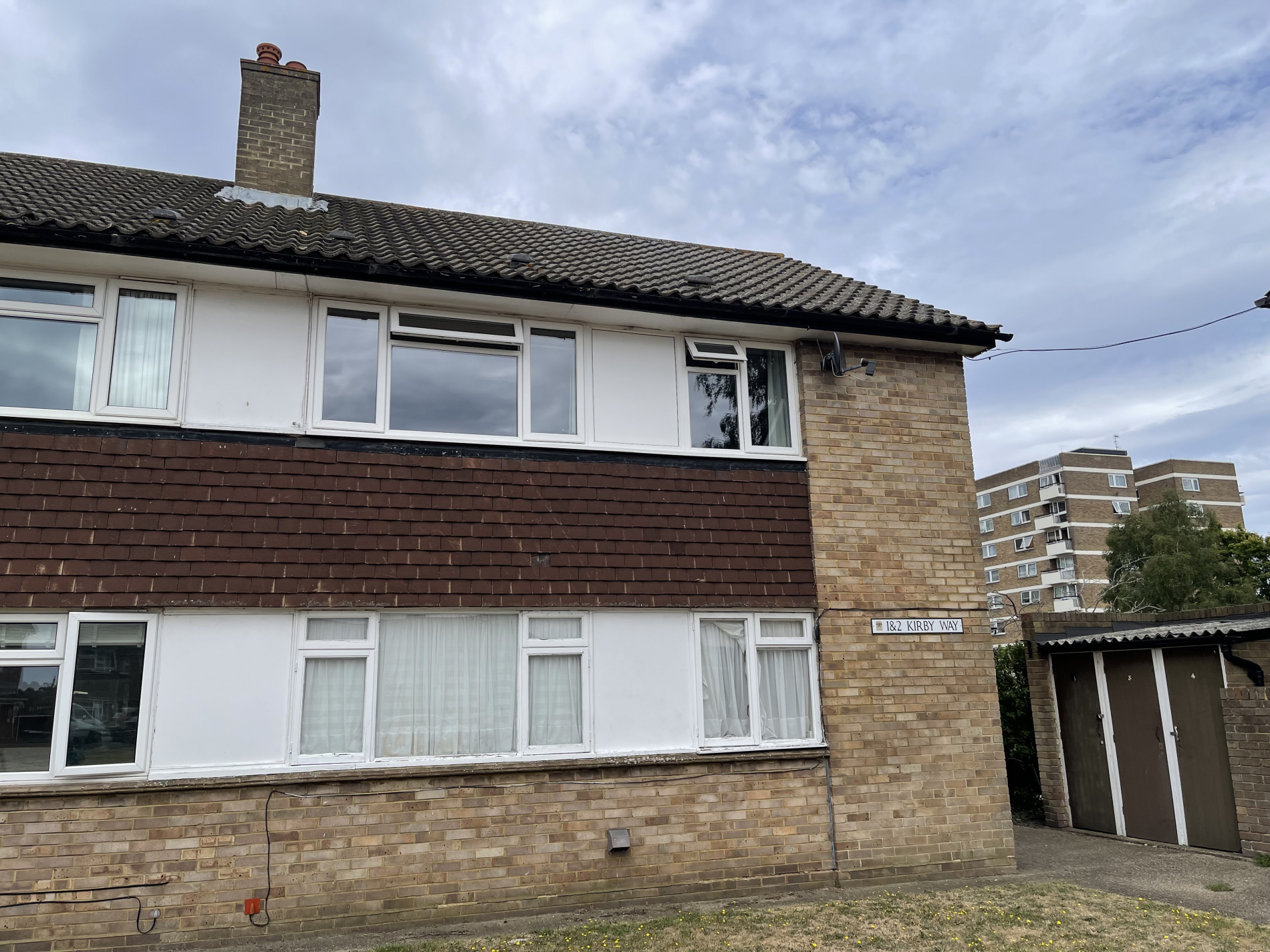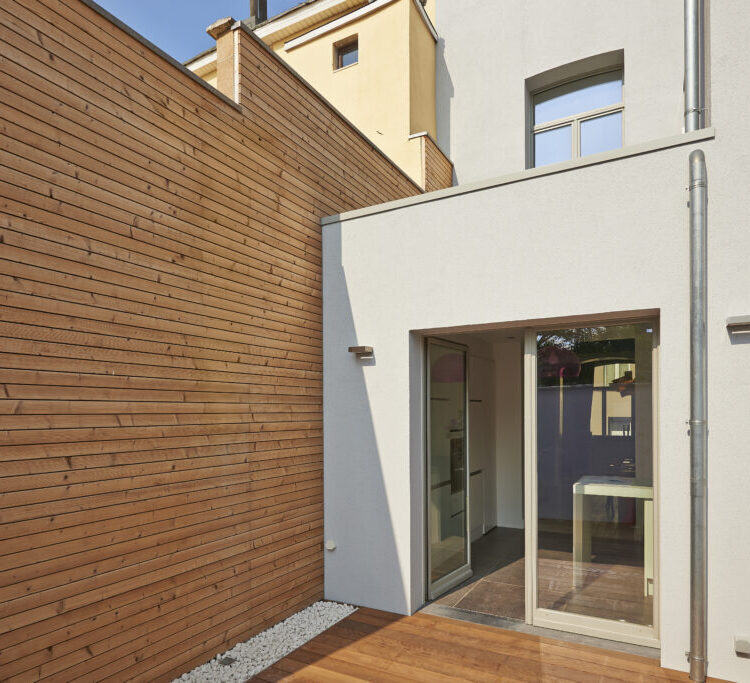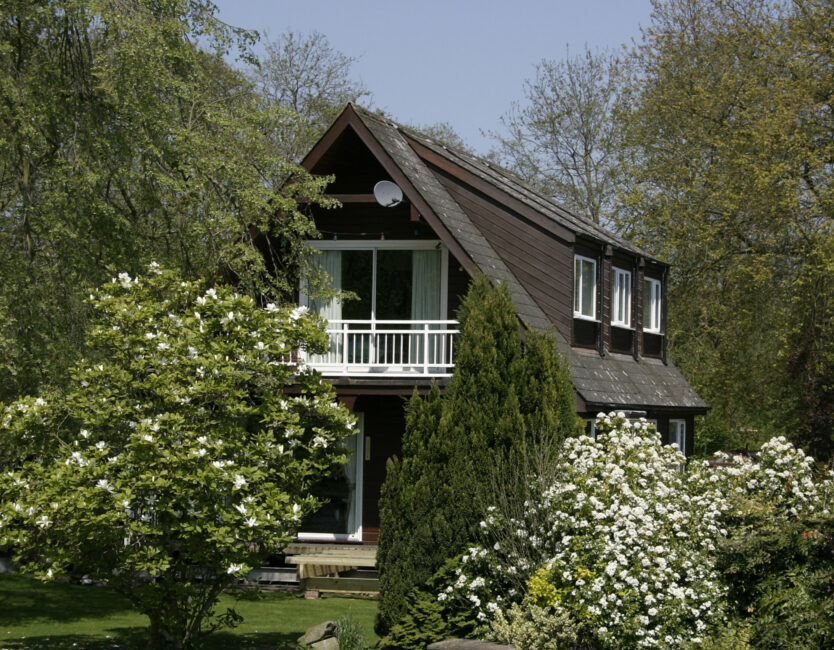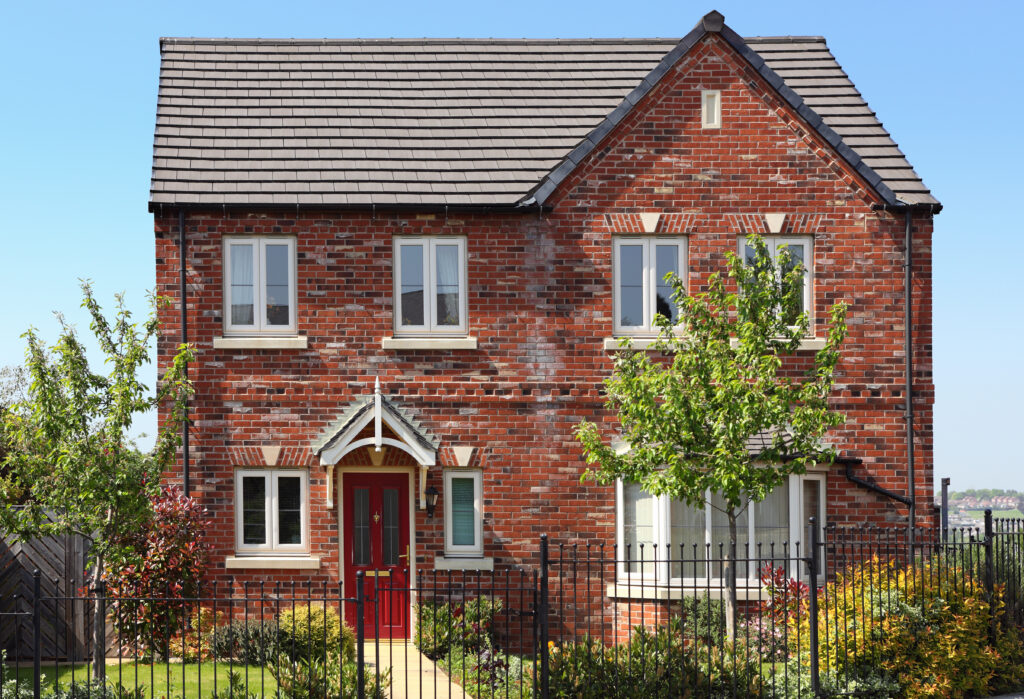More information
About our RICS HomeBuyer Survey
We provide Homebuyer surveys throughout Wiltshire, Hampshire, Dorset, Somerset, Berkshire, Surrey, Oxfordshire & further afield.
The RICS Level 2 Homebuyer Survey assesses the condition of a property and identifies any significant faults before a sale is complete. Your building surveyor will carry out a thorough inspection of the property and produce a comprehensive report detailing its condition. This will then enable you to make an informed decision before proceeding with the purchase.
The report is clear and easy to understand and gives condition ratings to the main parts (the ‘elements’) of the main building, garage and other outside elements and outlines as such:
- Condition rating 3 – defects that are serious and/or need to be repaired, replaced or investigated urgently.
- Condition rating 2 – defects that need repairing or replacing but are not considered to be either serious or urgent. The property must be maintained in the normal way.
- Condition rating 1 – no repair is currently needed. The property must be maintained in the normal way.
The RICS Level 2 Homebuyer Survey is suitable for most buildings of standard construction, flats, bungalows and houses built after 1930. You may have a building which is older than 1930, listed or of non standard construction, if so, the RICS Level 3 Building Survey will be more appropriate. If you are unsure what year or type or building you are buying then please do give us a call to discuss further. Our advice is free and you will not receive a sales pitch from our team. We are happy to help.

Exceptional Standards
What’s included in the RICS Level 2 Homebuyer Survey?
The report objectively describes the condition of the elements and provides an assessment of the relative importance of the defects/problems. Although it is concise, the RICS Home Survey – Level 2 does include advice about repairs or any ongoing maintenance issues.
- Thorough, impartial property assessment from an RICS, CIOB or RPSA Building Surveyor
- Detailed report with comprehensive property review and annotated photos
- Clear report structure with traffic light system to illustrate condition ratings 1, 2 and 3
- Talk to your surveyor on the day of inspection with a follow up phone call to explain their findings. You will also have ongoing access via email and telephone to ask any follow up questions
- Visual inspection of all building elements inside and out, including walls and ceilings, roof and guttering, windows and doors
- Visual appraisal of services including gas/oil heating, electricity, water and drainage, with recommendations for further inspections where necessary
- Highlighting any urgent repair issues as well as future maintenance requirements
- Additional service - Insurance reinstatement figure for the property if required

Make an Informed Decision
Book a RICS Homebuyer Survey
Are you looking to purchase a property with confidence? Smith Heritage Surveyors are here to offer a professional and independent advice. We carry out surveys for properties of all ages, shapes and sizes across Wiltshire, Hampshire, Dorset and surrounding counties, helping homebuyers find out exactly what they will be investing their money into before it’s too late.
Book your RICS Level 2 Homebuyer Survey with Smith Heritage Surveyors today.
Findings on a Recent Survey
RICS Level 2 Homebuyer survey case study
Smith Heritage Surveyors carried out a RICS Level 2 Homebuyer Survey on this 1950s chalet-style property in Wiltshire. We delivered an in-depth report with a clear format to make it easy to understand for non-property experts.
The survey highlighted a number of defects including condensation and penetrating damp throughout the ground floor of the building. Using our high level camera we were able to establish that the guttering had been incorrectly installed. We performed a rain test by spraying the roof with a hose which simulated rainfall, this allowed us to establish which parts of the rainwater system were not functioning correctly and give costs for remedial works.
Our client was thrilled with the results and proceeded to purchase the property with confidence.
All of this information and testing was carried out in front of the client as part of our walk around service which is included as standard. We find the walk around at the end of surveys to be very useful and informative, allowing us to inform clients straightaway of our findings, show them the defects in person and explain what is required and potential costs.


RICS Level 2 Homebuyer Questions Answered
Remember a valuation is not a survey
According to the Royal Institution of Chartered Surveyors (RICS) buyers who didn’t get a survey faced on average £5,750 worth of repairs when they moved in and 17% of these ended up paying more than £12,000 on average to make their homes habitable. Ask yourself, if you can’t afford the price of the survey, can you afford the hefty cost of house repairs down the line?
We understand that when you are buying a new home you want to make every penny count. It might be tempting to assume that a simple mortgage valuation will provide you with the reassurance you need regarding the condition of the property and future maintenance liabilities, but that’s not what it is intended for and you could be faced with significant unplanned repair costs.
Buying a home can be one of the biggest financial commitments you are likely to make so it is important to know as much as you can about the property you are thinking of purchasing.
Buying a property: Key elements to consider
Common Questions
The RICS Level 2 Homebuyer Report is more comprehensive than a basic condition report, but less comprehensive than a full building survey. The report typically covers the main parts of a property, including the roof, walls, windows, doors, and electrical and plumbing systems. The report also provides information on any major issues that may affect the value or safety of a property, such as dampness, subsidence, or structural problems. The report also includes a valuation of the property, and a summary of the surveyor’s findings and recommendations.
The purpose of a RICS Level 2 Homebuyer Report is to help homebuyers make an informed decision about whether to purchase a property, and to help them negotiate the price based on the condition of the property. The report provides a balanced and impartial assessment of the condition of a property, and is an important tool for homebuyers in the UK to use when purchasing a property.
- Property description: This includes a general description of the property, its age, type of construction, and location.
- External features: This covers the external parts of the property, such as the roof, walls, windows, doors, and other elements. It also includes an assessment of the general condition of the property and its surroundings.
- Internal features: This covers the internal parts of the property, such as the electrical and plumbing systems, heating and ventilation, and any structural defects. It also includes an assessment of the general condition of the property’s internal features and finishes.
- Structural elements: This covers the structural elements of the property, such as the foundations, walls, and roof structure. The report includes a comprehensive assessment of the condition of these elements, and provides recommendations for any necessary repairs or improvement.
- Services: This covers the electrical, plumbing, and heating systems within the property, and provides an assessment of their condition and quality.
- Energy efficiency: This covers the property’s energy efficiency, and provides recommendations for improvement.
- Valuation: The report as an addition can include an estimate of the property’s current market value, taking into account its condition and any other factors that may affect its value.
- Recommendations: The report concludes with a summary of the surveyor’s findings and recommendations for repairs, improvement, or further investigation.
The RICS Homebuyer Report is designed to provide homebuyers with a comprehensive and impartial assessment of the condition of a property, and to help them make an informed decision about whether to purchase the property and at what price.
Ultimately, the decision of whether or not a homebuyer report is worth it will depend on a number of factors, including the condition of the property, the homebuyer’s budget, and their specific needs and requirements. It’s always a good idea to discuss your options with a qualified surveyor who can help you understand the benefits and limitations of each type of report and make an informed decision.
It’s important to note that the cost of a homebuyer report is just one of many expenses associated with buying a property. Other costs include legal fees, stamp duty, and removal costs, among others. When planning your budget for buying a property, it’s important to consider all of these expenses to ensure that you have sufficient funds to complete the purchase.
A valuation is an estimate of the market value of a property, based on factors such as location, condition, size, and current market conditions. A valuation is usually carried out by a professional valuer, who will consider all relevant factors and provide an estimated value of the property. Valuations are often required for mortgage purposes, and may also be requested by a seller to determine the asking price for a property.
A homebuyer survey, on the other hand, is a more comprehensive assessment of the condition of a property. A homebuyer survey is usually carried out by a professional surveyor, who will inspect the property in detail and provide a report that covers the condition and quality of the property, as well as any necessary repairs or improvements. Homebuyer surveys are typically requested by homebuyers who want to know more about the condition of a property before making a purchase.
In summary, a valuation provides an estimate of the market value of a property, while a homebuyer survey provides a detailed assessment of the condition of a property. Both can be useful for different purposes, and the decision of which to choose will depend on the specific needs and requirements of the homebuyer.
These types of structures may present challenges when it comes to safety, durability, and insuring the property. For example, some non-standard construction methods may be more susceptible to natural disasters such as earthquakes, hurricanes, and fires. Additionally, because non-standard construction methods and materials don’t meet standard building codes and regulations, insurance companies may be hesitant to cover them or may charge higher premiums.
It’s important to understand the specific risks associated with non-standard construction before purchasing or building a property. In some cases, non-standard construction can be safe and efficient, but in other cases it may not be. It’s always a good idea to consult with experts, such as engineers and building inspectors, to assess the safety and durability of a non-standard construction property.
Reinstatement cost assessments are commonly used in the insurance industry to determine the appropriate level of coverage for a property. In the event of a claim, the assessment helps to ensure that the property is fully covered for rebuilding costs, including demolition, debris removal, and any additional costs that may arise from changes in building regulations or other factors.
It’s important to note that the reinstatement cost assessment is different from a market valuation, which is an estimate of the current market value of a property. While the market value considers factors such as location and demand, the reinstatement cost assessment focuses solely on the cost of rebuilding the property.
In some cases, a reinstatement cost assessment may be required more frequently, such as if there have been significant changes to the property, such as an extension or renovation, or if there have been significant changes to building regulations that could affect the cost of rebuilding.
It’s also important to note that if a property is significantly underinsured, the property owner may be responsible for the shortfall in the event of a claim. Therefore, it is important to ensure that the reinstatement cost assessment is accurate and up-to-date to avoid any potential financial losses.
Calculating the rebuild cost of your house can be a complex process and it is recommended that you seek the assistance of a professional surveyor or valuation specialist. However, here are some general steps you can take to get an estimate:
- Determine the size of your house: The size of your house is a key factor in determining the rebuild cost. Measure the external dimensions of your house to get an estimate of its total area.
- Assess the construction materials: The type of construction materials used in your house, such as brick, timber or stone, will affect the rebuild cost.
- Consider any special features: Features such as a conservatory, swimming pool, or high-end finishes can also impact the rebuild cost.
- Check local building regulations: Building regulations may have changed since your house was built and it’s important to take this into account when estimating the rebuild cost.
- Use an online rebuild calculator: There are various online rebuild calculators that can give you an estimate of the rebuild cost based on your location and the size and age of your house. However, these calculators may not take into account specific features or local building regulations, so it’s important to use them as a guide only.
Again, it’s important to note that the most accurate way to determine the rebuild cost of your house is to have a professional reinstatement cost assessment done by a surveyor or valuation specialist. They can provide a more detailed and accurate estimate of the rebuild cost based on a thorough inspection of your property.
Speak to Smith Heritage
Contact us today
To request a quote or enquire about any of our services, get in touch with the Smith Heritage team today.
